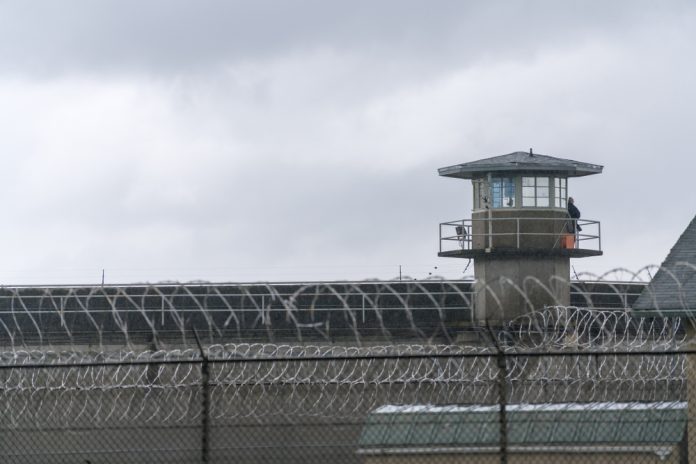
Suspect in California fertility clinic bombing dies mysteriously in federal custody, raising questions about prison safety and the government’s handling of domestic terrorism cases.
Key Takeaways
- Daniel Park, 32, who allegedly supplied bomb-making materials for an attack on a fertility clinic, died under unexplained circumstances in federal detention.
- Park and his co-conspirator were motivated by “anti-natalism” – a radical ideology that considers human procreation unethical.
- Park fled to Poland after the attack but was captured, extradited, and charged with providing material support to terrorists.
- The bombing, described as possibly the largest bomb scene in southern California, injured four people while the bomber died in the explosion.
- Authorities have provided no cause of death for Park, who was found unresponsive by detention center staff.
Fertility Clinic Bombing Suspect Dies Mysteriously in Federal Custody
Daniel Park, the 32-year-old Washington resident charged with aiding in the bombing of a California fertility clinic, died in federal custody just weeks after his arrest. Park was found unresponsive in his cell at the Metropolitan Detention Center in Los Angeles and was later pronounced dead at a hospital. Federal authorities have not disclosed the cause of death, and the Bureau of Prisons has only confirmed that no other inmates or employees were harmed in the incident. Park faced serious terrorism charges for his alleged role in supplying materials for the May 17 bombing that killed the bomber and injured four others.
According to federal prosecutors, Park provided substantial assistance to bomber Guy Edward Bartkus, including shipping 180 pounds of ammonium nitrate to him in January and purchasing an additional 90 pounds shortly before the attack. Investigators discovered that Park had made multiple online purchases of the explosive material between October 2022 and May 2025. The investigation also revealed that Park traveled to California months before the attack to experiment with the materials in Bartkus’s garage, demonstrating a coordinated effort to plan and execute the bombing.
Daniel Park, the Washington man who was charged with providing large amounts of chemicals used in a car bomb outside a fertility clinic in Palm Springs, California, last month, died on Tuesday while in federal custody, according to the Department of Justice.
Park, 32, was found…
— 𓂀 𝕋𝔼𝔸ℍ 𓂀 (@TeahCartel) June 24, 2025
Radical Anti-Natalism Ideology Fueled Violent Attack
The bombing of the American Reproductive Centers fertility clinic in Palm Springs was motivated by a fringe philosophy known as “anti-natalism,” which argues that human reproduction is fundamentally unethical. Park and Bartkus connected through online forums where they shared these extreme views. Before carrying out the attack, Bartkus posted an audio recording expressing rage at efforts to bring life into the world, stating he was not a “life-addict.” This bizarre ideological justification represents a disturbing trend of extremist philosophies being used to rationalize violence against innocent people.
Law enforcement has labeled the bombing as terrorism and possibly the largest bomb scene in southern California. The fertility clinic was closed at the time of the explosion, which prevented what could have been a much higher casualty count. Despite the extensive damage to the facility, authorities confirmed that no embryos were damaged in the blast. The targeting of a fertility clinic represents a disturbing shift in domestic terrorism targets from government facilities to private businesses that serve vulnerable populations seeking medical assistance.
International Manhunt and Legal Consequences
After the bombing, Park attempted to evade capture by fleeing to Poland four days after the attack. His international escape led to a coordinated effort between U.S. and Polish authorities, resulting in his arrest and extradition. Park was apprehended at New York’s JFK airport upon his return to U.S. soil and charged with providing and attempting to provide material support to terrorists. The swift international response demonstrates the seriousness with which authorities viewed this attack, though questions remain about how these individuals were able to acquire explosive materials and plan such an attack without earlier detection.
The investigation uncovered that Bartkus had consulted an AI chat application about explosives and mixtures just days before Park visited him in January, raising concerns about the role of artificial intelligence in facilitating terrorist activities. Park’s death in custody, coming so soon after his arrest, cuts short what would have been a high-profile terrorism case that could have provided valuable insights into the radicalization process and the growing threat of fringe ideologies motivating domestic terrorism in the United States.












